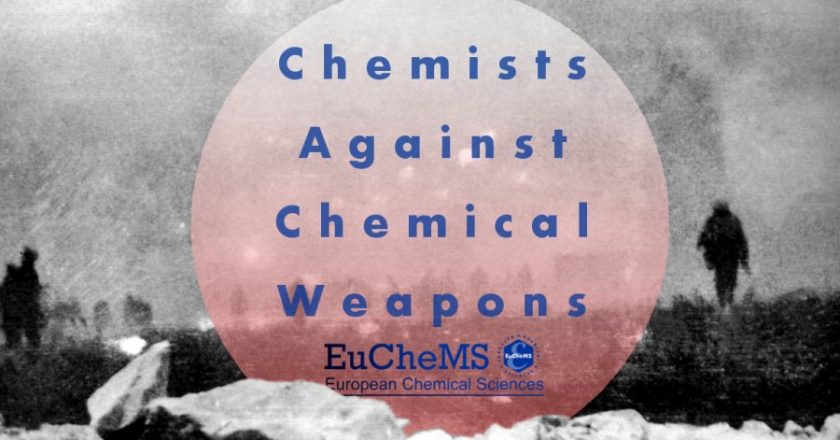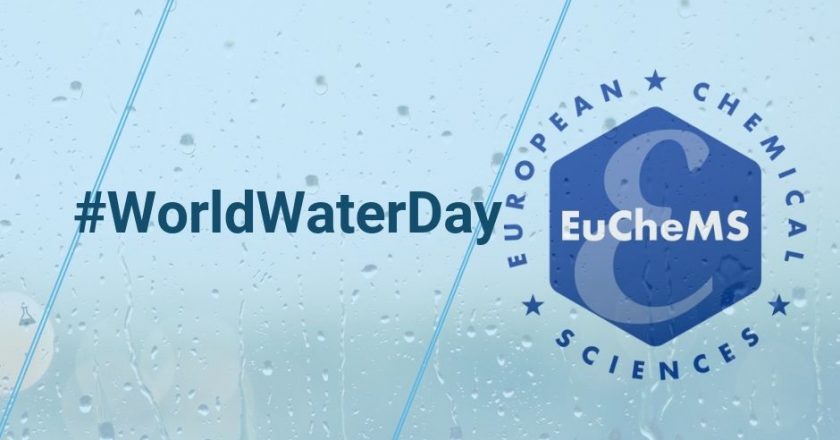14,451. This was the total number of measles cases across Europe in 2017, triple the figure of 2016. In addition to this worrying number, there has been a steady drop in vaccination rates across the continent. The European Parliament’s environment committee expressed concern over the falling rates and highlighted the risk this could have on public health. A draft resolution published in March lays out a series of aims, including the need to restore confidence in vaccinations through greater transparency and to support joint procurement of vaccines (the cost of a full vaccines package for a child was 68 times more expensive in 2014 compared to 2001).
The World Health Organisation states that vaccinations save two to three million people every year – and if usage was increased, could save another 1.5 million. The measles outbreak in Europe last year hit Romania and Italy hardest, the latter counting some 5000 cases, including four deaths. The numbers are a cause for concern and invite a reflection on the growing scepticism – and blatant distrust, of scientific advice. The focus on rolling back compulsory vaccinations in the Italian election campaign exemplifies the brushing aside of scientific knowledge and advice to suit political motives. This has also given rise to a growing number of conspiracies or bogus research, often claiming that vaccines are the cause of severe and irreversible side effects or other health issues.
As the voice of Chemistry in Europe, EuCheMS, its Members, and the scientific community represented, has a special responsibility in this respect. Inaccuracies, fabrications and falsehoods that are circulated for political or other reasons, have to be constantly repudiated and corrected. Scientists have a duty to share their knowledge, and as such, allow citizens and policy makers to make informed decisions on such topics. But the responsibility works both ways: policy-makers in turn have, as part of their professional responsibility, a duty to seek scientific knowledge and advice in order to make informed decisions.





You must be logged in to post a comment.